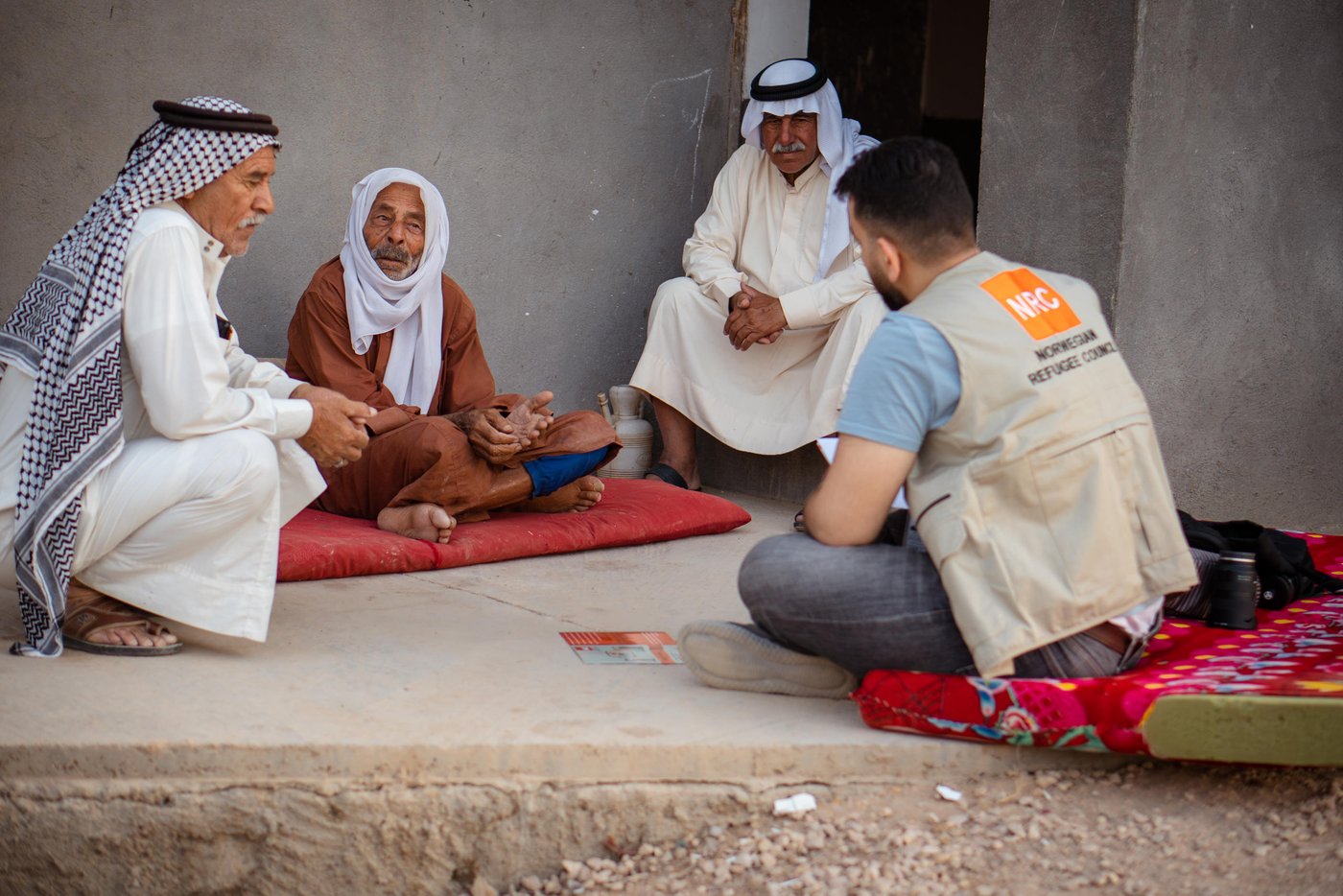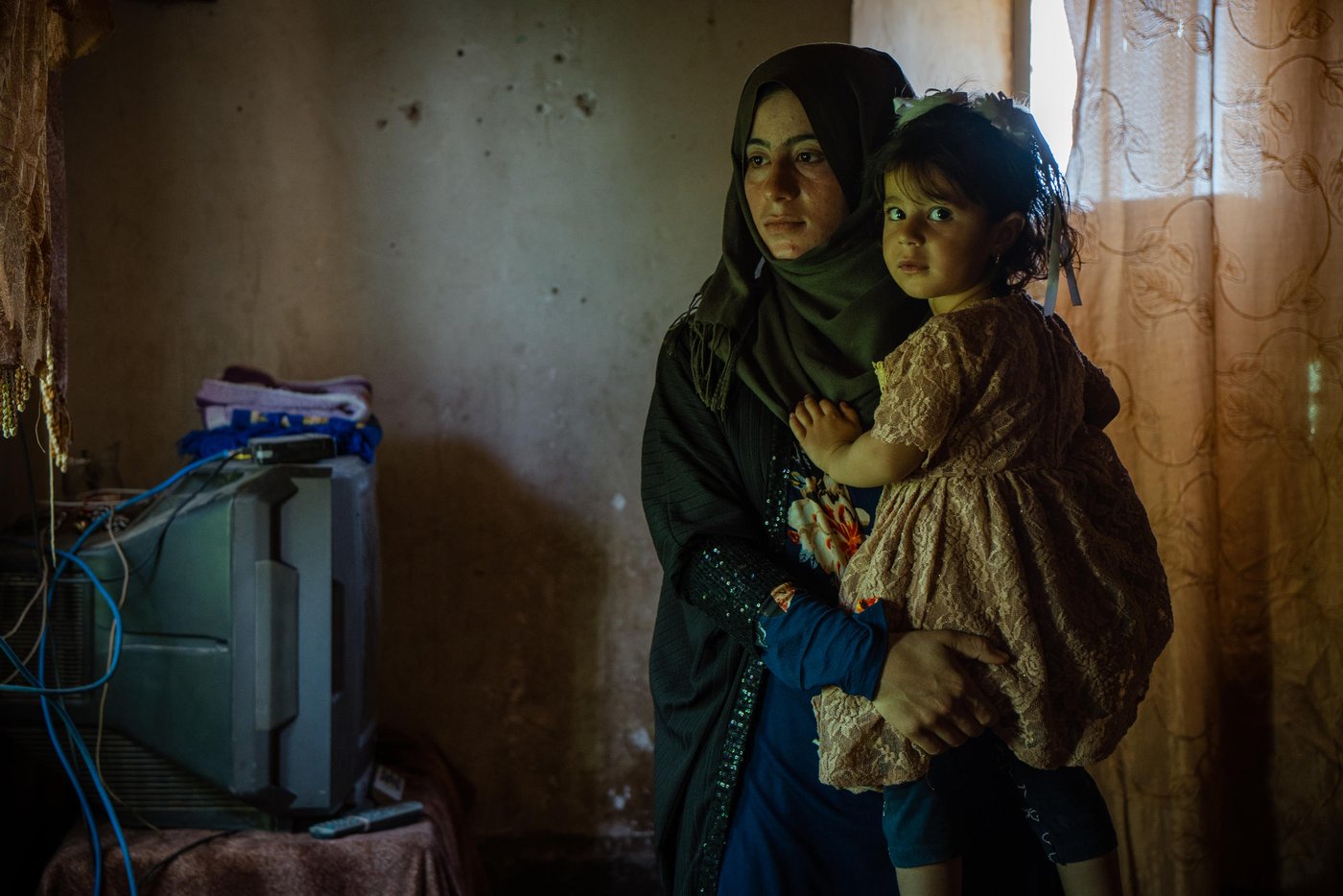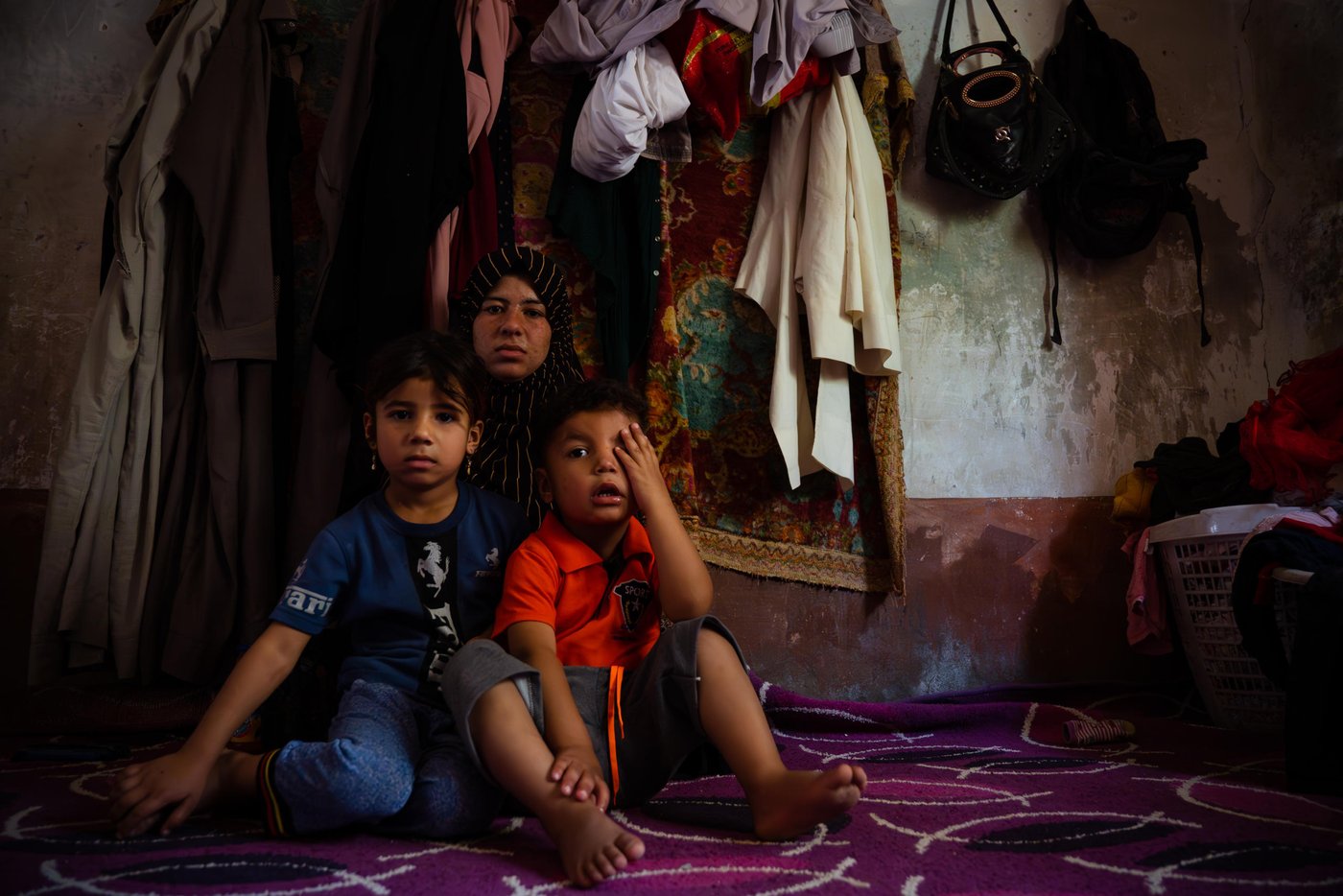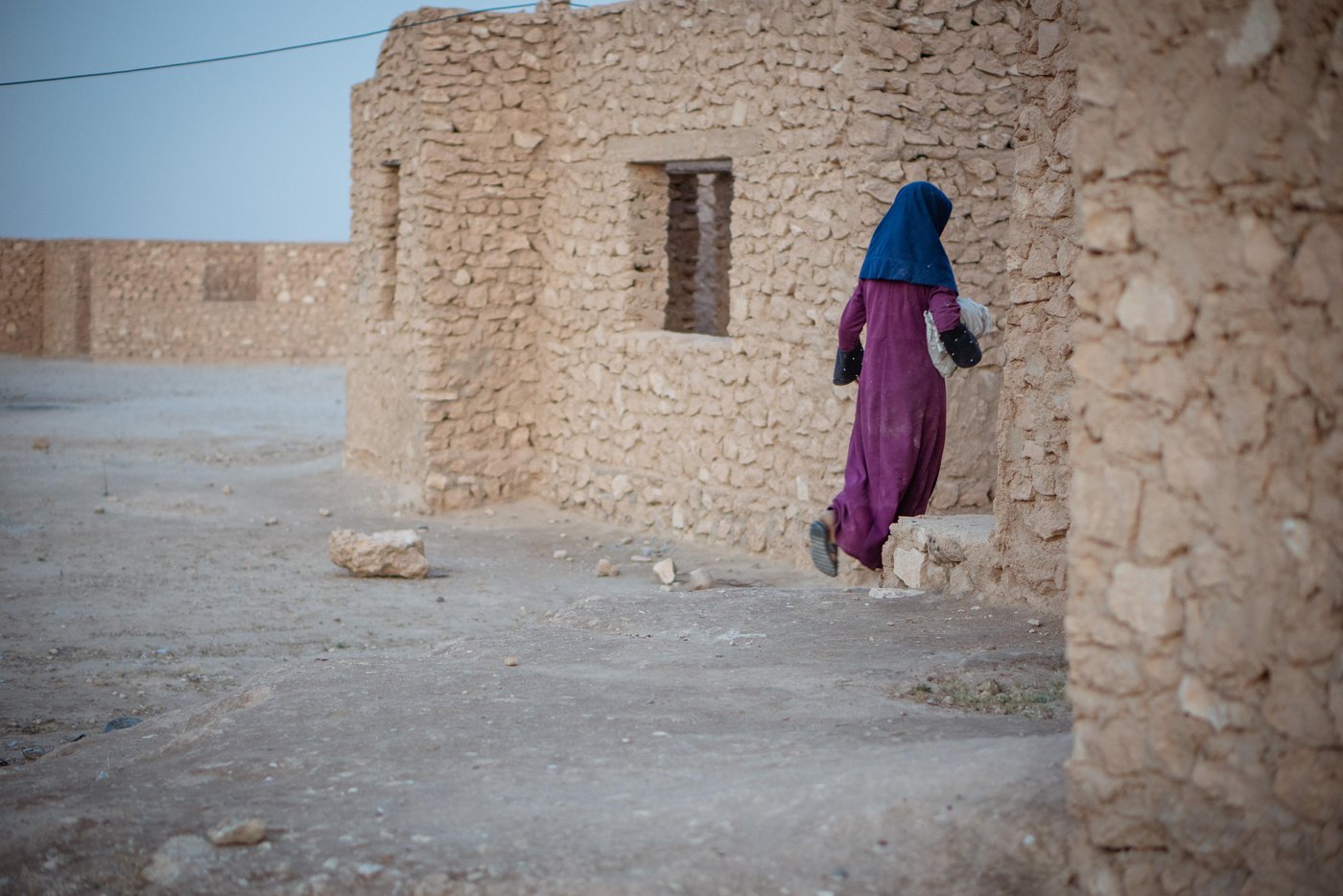In the six years since the defeat of the self-proclaimed Islamic State (IS) in 2017, millions of Iraqis have returned home and started rebuilding their lives. However, for some, normalcy has been put on hold. Today, an estimated 1.2 million Iraqis are still displaced, approximately 430,000 of whom might be without key civil documents. These documents include birth certificates, marriage records, property deeds—without which access to vital services is limited. Often, the lack of documents prolong displacement, and families are unable to return home, relocate elsewhere, or integrate into the communities they are currently displaced in.
Supported by the European Civil Protection and Humanitarian Aid Operations (ECHO), the Protection Consortium of Iraq (PCI) is helping these individuals and families restart their lives. The PCI is led by the Norwegian Refugee Council (NRC) and brings the expertise and experience of Danish Refugee Council (DRC) and International Rescue Committee (IRC) to support and advocate for durable solutions to displacement.

In a quiet village of Al-Qaim, Anbar, Fatima feels stuck in time. Ever since her husband was sentenced to a lengthy prison term, she has had to provide for her family on her own. Every day challenges have been amplified by a lack of papers: Fatima was married when ISIS was in control of Qaim, and the marriage was never registered. Her daughter, Sara, also does not have a birth certificate.
Birth certificates in Iraq are contingent on formal marriage certificates and paternity, and births cannot be registered until both conditions have been established. With Fatima’s husband in prison, the impact of legislative complications has been compounded many folds. Without documents, Sara will not be able to enrol in school, or be deemed eligible for healthcare.

In the same household, Fatima’s sister, Nadia is navigating a similar and equally daunting challenge. Nadia, too, was married before 2017 and lost her husband in the conflict. Now, her life revolves around Bassim, her son, and his battle with epilepsy. Like Sara, Bassim also does not have a birth certificate.
“I do not know what the future holds for my son,” Nadia told NRC. “Without documents, I do not dare to pass the checkpoints to take my son to the hospital. What will happen if there is an emergency?”
Compounding these challenges is social stigma. As single mothers whose husbands are perceived to have been affiliated with ISIS, Fatima and Nadia have faced considerable discrimination from the community— “Everyone looks at us like we are dirty, like our children are answerable for the crimes of their fathers.”
Nadia breaks down as she talks, “They do not know what we went through, they have no idea. All we want is a future for our children: my son is seven years old, and he has never seen the inside of a school.”

The PCI was set up to support people like Fatima and Nadia, who are not only single mothers struggling to make ends meet, but also mothers trying to provide their children with a future more hopeful than the bleak reality of their present. As the country moves forward, the PCI works with ministerial and judicial branches of the Government of Iraq in five governorates—Anbar, Kirkuk Ninewa, Salahaddin and Diyala—to ensure these families are not left behind.
Over the past few months, NRC’s legal assistance teams have worked with Fatima and Nadia to obtain the documents they need, supporting them to navigate the Iraqi judicial system through counselling and representation. Their lives are still challenging, and a true recovery will take time, but for the first time in years, there is hope.
*All names changed to protect identity


